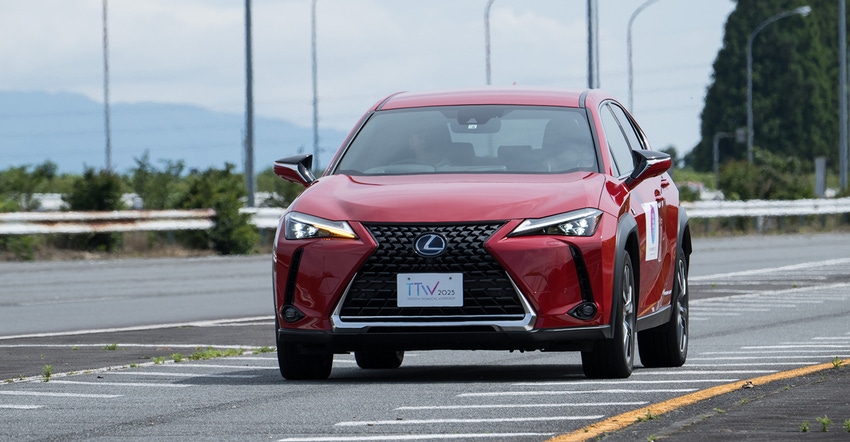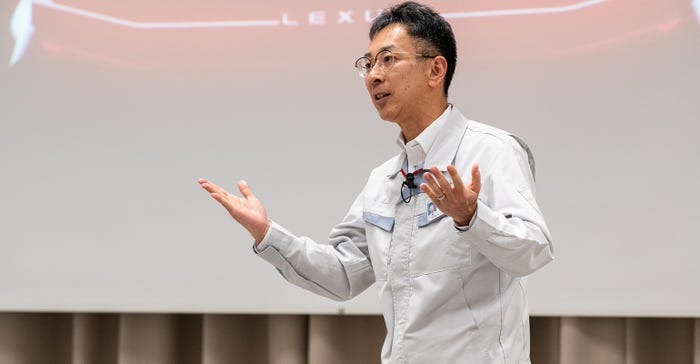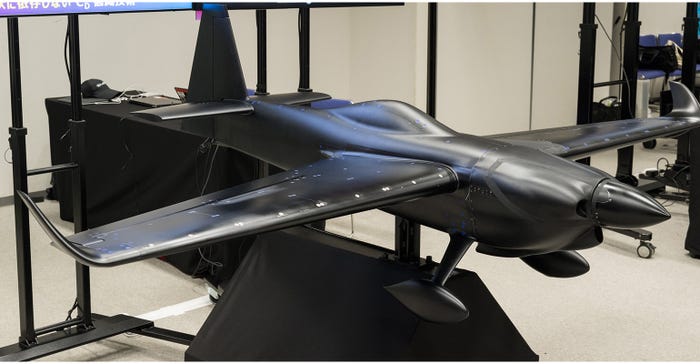Toyota Announces Transformation from HEV to BEV in the Electric Vehicle Era
Toyota's new decision to invest in battery electric vehicle technology demonstrates its willingness to adapt and compete in the rapidly changing automotive landscape.

Toyota Motor Corporation (Toyota) has announced its plans to join the electric vehicle (EV) market, although historically, it has mainly focused more on hybrid cars like the popular Prius. Their decision to invest in EV technology showcases their willingness to adapt and compete in the rapidly changing automotive landscape. This week, Toyota hosted a technical briefing session called "Toyota Technical Workshop" under the theme "Let’s Change the Future of Cars.”
During this event, Toyota unveiled various innovative technologies to facilitate its evolution into a mobility company. More specifically, Toyota BEV Factory President Takero Kato gave a presentation about the next generation battery for EVs. He opened the presentation by saying, “In May, we established a dedicated organization with all functions and authorities for the development of the next-generation battery EVs.”

Through the presentation, it was clear that Toyota’s goal is to revolutionize the automotive industry through technological advancements. Toyota aims to change the future of cars by offering a driving range of about 621 miles, achieved using next-generation batteries and hypersonic technology ̶ new aerodynamic drag reduction technology based on hypersonic rocket aerodynamics.
Toyota emphasized its approach to creating stylish car designs—with aerodynamic performance supported by deep-learning AI and focusing on customizing the driving experience. Toyota plans to adopt a new modular structure for the vehicle body, reducing costs and development time. Kato stated, “We will introduce a new modular structure, constructed by three main components that will enable us to incorporate advances in batteries rapidly.”

Toyota says it is committed to transforming manufacturing processes by adopting giga-casting technology — a process that achieves high productivity through integrated molding of what a carmaker considers the optimum shape—and leveraging digital twins, resulting in a 50% reduction in lead time. Toyota also emphasized collaboration with external partners and forming an all-in-one team called the Web Factory. This team will work together to address challenges and make quick decisions.
Kato announced, “The next generation of BEVs will be implemented globally and as a full line-up to be launched in 2026”, including compact, midsize, and large cars. Toyota has set ambitious sales targets, aiming to sell 1.5M units of EVs by 2026 and 3.5M units by 2030. By 2030, 1.7M units out of the 3.5M units overall will be provided by BEV Factory.
Unlike its competitors, Toyota entered the fully electric vehicle market considerably later. On the other hand, the company has a long history of innovation and efficiency. It will be interesting to watch how the company progresses.
About the Author(s)
You May Also Like





